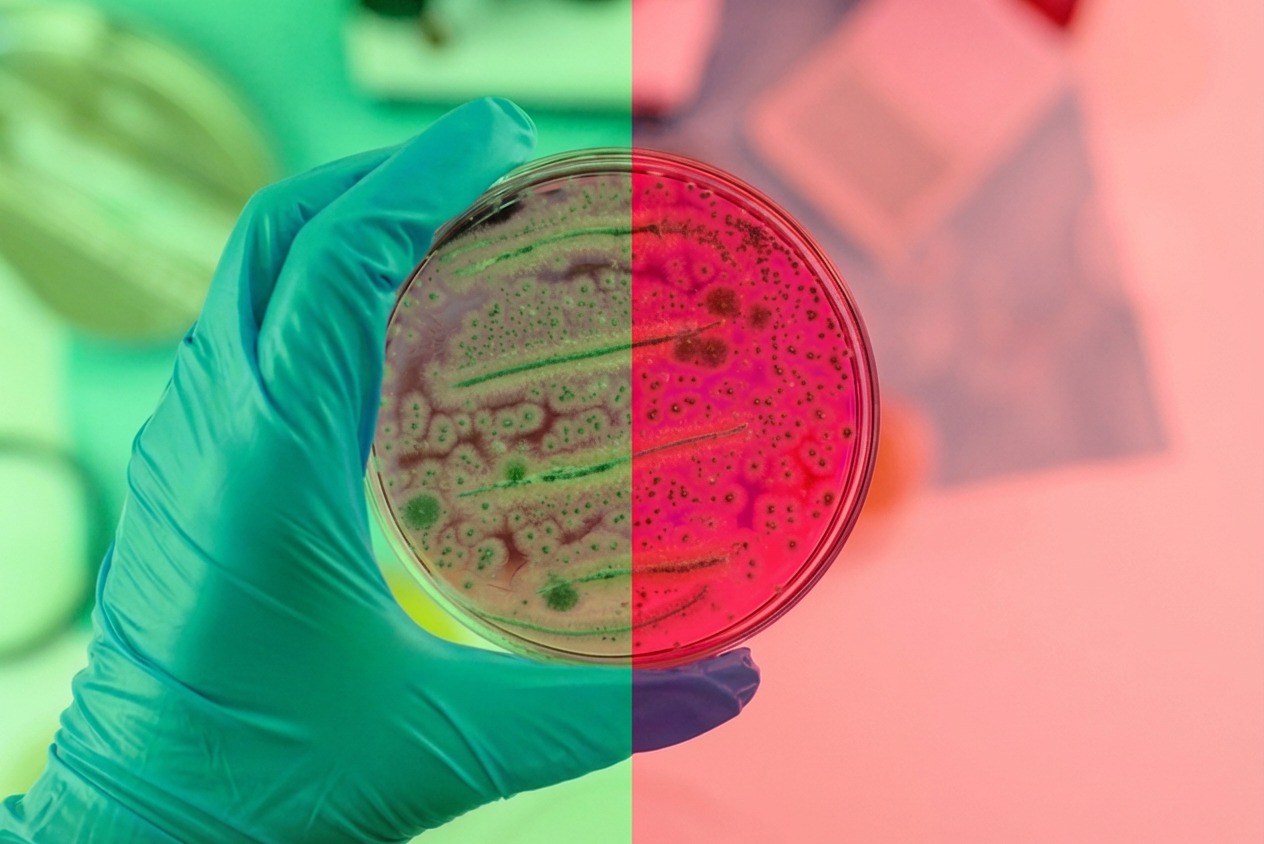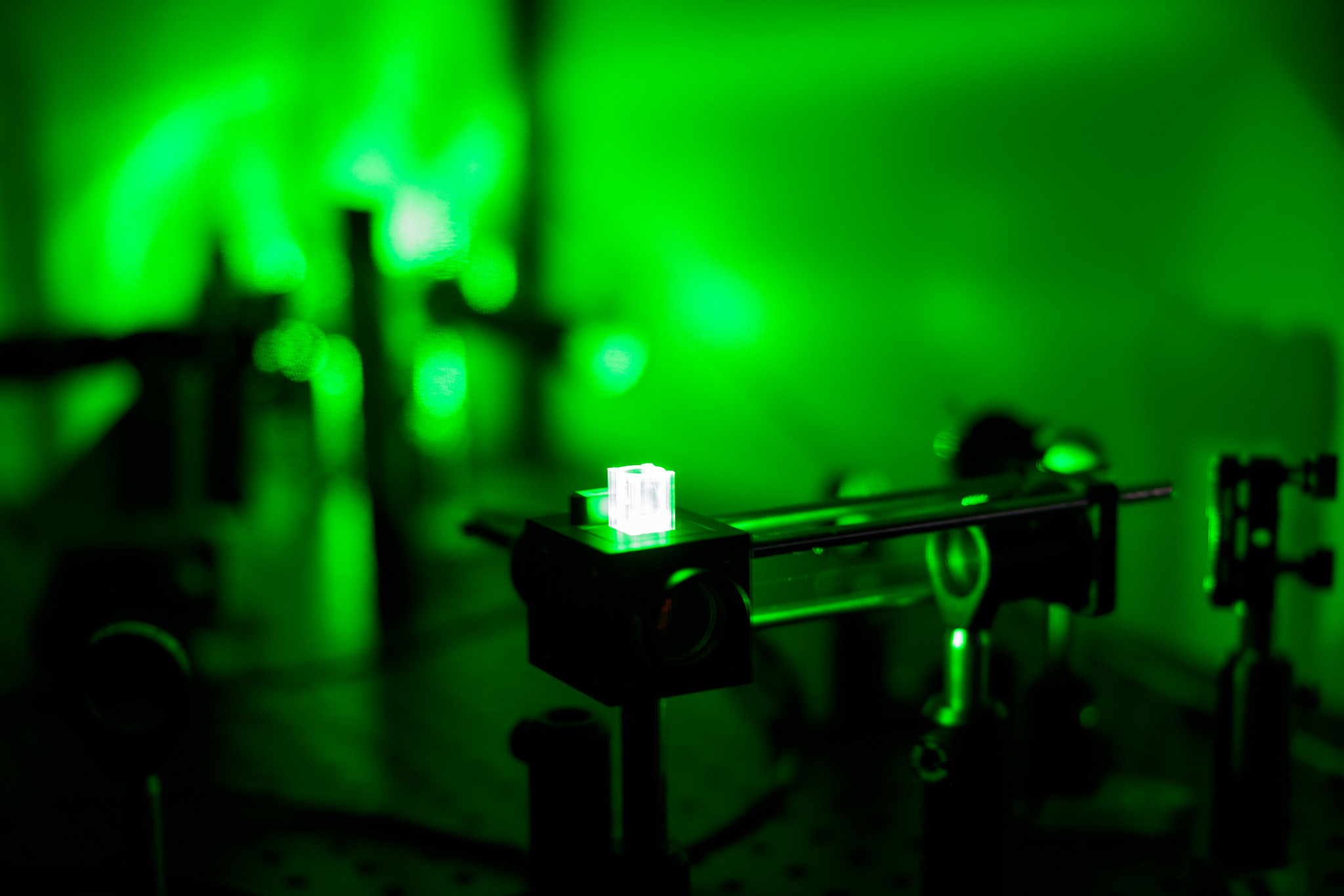From the RSV President: Does Knowledge = Science?
Science Victoria Edition


Rob Gell AM
President, The Royal Society of Victoria
There is no doubt we can all learn many things from Australia’s First Nations peoples – and we should. The observational record Indigenous Australians kept for 65,000 years is enormously important for science. We are the beneficiaries of the fact that Aboriginal people are willing to share their heritage with us. We should be honoured to be able to learn from this knowledge, and we should respect it. Indeed, we need to capture as much of it as possible, lest it be lost.
Knowledge is found everywhere around us. The art community, for instance, has preserved an extremely valuable record of landscape change and dynamics. I have often referred to the changes in coastal morphology that can be determined by analysis of the paintings by our famous artists Tom Roberts, Arthur Streeton and others.

These images help us describe landscape change where it has not been recorded by engineers, geomorphologists or in maps by planners. On the coast, these records illustrate sea level rise, changes in erosion, and sediment accumulation.
Inherent in Indigenous knowledge are cultural and social justice issues that are not dealt with well by Western science. Indigenous communities worldwide understand natural cycles, medicinal plants and agricultural systems. Indigenous astronomy is now part of the national curriculum [1]. Duane Hamacher’s The First Astronomers: How Indigenous Elders read the stars [2] reveals that wisdom, and challenges science. Indigenous knowledge is often deeply empirical and practical, but nevertheless excluded from mainstream scientific discourse.
A useful guiding principle is the concept of “Two-Eyed Seeing,” developed by Albert Marshall, an Elder of the Mi’kmaq people of eastern Canada. His view is increasingly influential in Australia. It encourages us to see the world through both the lens of Western science and the lens of Indigenous knowledge, and to draw on the strengths of each. In education, this has inspired a “both-ways” approach in some Indigenous-led schools in the Northern Territory, where students learn science alongside traditional ecological knowledge, language, and cultural practices.
Nevertheless significant tensions between the two knowledge systems exist in some sectors. The management of fire in the Australian landscape, in particular, has become contentious.
Aboriginal people curated open and fire-safe Country for millennia with fire in what are now forested and fire-prone regions.[3]
The argument raised is that legislation designed to protect valuable landscape has made it more flammable. Studies show that our forests have changed and become more susceptible to fire. The question is whether this is because of planned burns or the lack of them. Others ask whether Indigenous burning techniques have ever been practised in tall forests in conditions equivalent to our new ‘changed’ climate.
“Lived experience” is a fashionable category of qualitative research, but it’s inconsistent with scientific rigour. “There are some who are willing to ignore other evidence to advance a particular narrative. The merging of science and advocacy risks diminishing the integrity of the great advances in our discipline.” [4]
Both the Australian Academy of Science and the Australian Academy of Technological Sciences and Engineering are endeavouring to clarify the role and value of Indigenous knowledge in modern-day society.
“Science as practised by our institutions, has a very specific meaning which was developed during the Age of the Enlightenment over 400 years ago and represents the practice of observations, hypothesis testing, rational argument, and peer review. This is what Science is about, and this was not practised by our indigenous colleagues any more than it was by European societies/cultures prior to the 1600s.” (Dr Graeme Pearman AM FAA FTSE FRSV)
The concept of decolonisation of science questions the idea that science is always objective or neutral. It argues that the way science is practised and taught carries cultural assumptions rooted in Western norms - who becomes a scientist, whose questions get funding and attention, and how research is conducted.
Decolonising science doesn't mean rejecting science, but expanding it to include multiple ways of knowing - and addressing the inequalities that have shaped who gets to do science, for whom, and how. The Royal Society of Victoria has a role too in providing a space for improved conversations:
“ … seeking the clearinghouse of ideas and critical testing ground for concepts that, yes, are vigorously and bitterly fought over in academic circles, but are ultimately a path to consensus. So perhaps we need this clearinghouse to be established as a component of truth-telling and reconciliation, or else be subject to highly politicised broadsides. (Mike Flattley, former CEO of RSV, pers. comm.)
The integration of Western science and First Nations knowledge is not about compromise or assimilation—it needs to be about synthesis and mutual respect.
[1] http://www.aboriginalastronomy.com.au/
[2] https://unimelb.academia.edu/DuaneHamacher
[3] Laming, A. et al., (2022) The Curse of Conservation: Empirical Evidence Demonstrating That Changes in Land-Use Legislation Drove Catastrophic Bushfires in Southeast Australia, Fire 5 (6), 175. doi.org/10.3390/fire5060175
[4] Flame Wars, The Monthly, February 2023: https://www.themonthly.com.au/february-2023/nation-reviewed/flame-wars
Discover how you can join the society
Join The Royal Society of Victoria. From expert panels to unique events, we're your go-to for scientific engagement. Let's create something amazing.
















